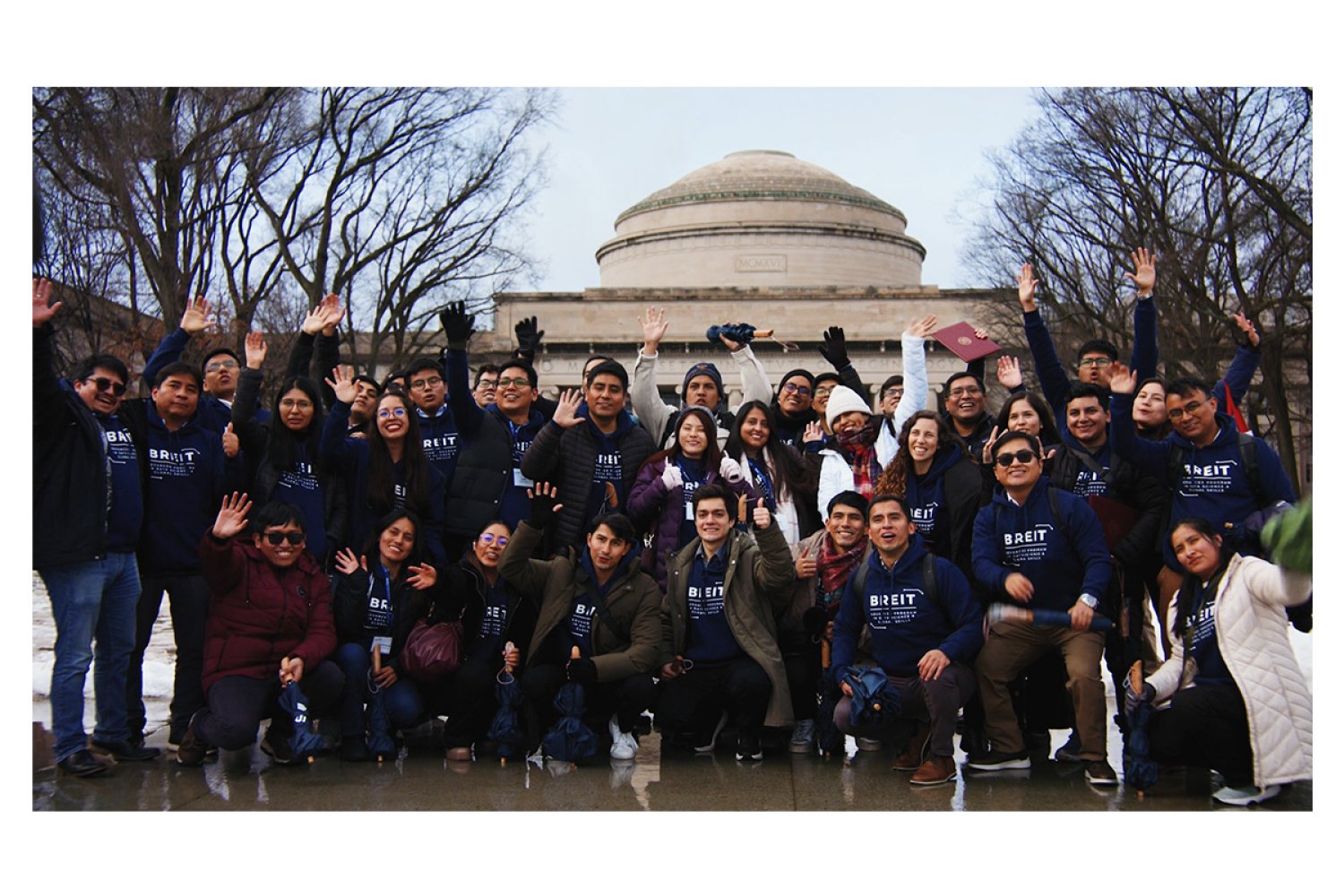Introduction to AI and Data Science
The rise of artificial intelligence resurfaces a question older than the abacus: If we have a tool to do it for us, why learn to do it ourselves? The answer, argues MIT electrical engineering and computer science (EECS) Professor Devavrat Shah, hasn’t changed: Foundational skills in mathematics remain essential to using tools well, from knowing which tool to use to interpreting results correctly.
The Importance of Foundational Skills
As large language models and generative AI meet new applications, these cutting-edge tools will continue to reshape entire sectors of industry, and bring new insights to challenges in research and policy. The world needs people who can grasp the underlying concepts behind AI to truly leverage its potential. Professor Shah is a professor in MIT’s Institute for Data, Systems, and Society (IDSS), a cross-disciplinary unit meeting the global need for data skills with online course offerings like the MicroMasters Program in Statistics and Data Science, which Shah directs.
The MicroMasters Program
With over a thousand credential holders worldwide, and tens of thousands more learners engaged since its inception, the MicroMasters Program in Statistics and Data Science has proven to be a rigorous but flexible way for skilled learners to develop an MIT-level grasp of statistics fundamentals. The MicroMasters also forms the backbone of IDSS education partnerships, where an embedded MIT team collaborates with organizations to support groups of learners through the MicroMasters curriculum.
Training the Next Generation
BREIT’s Advanced Program in Data Science and Global Skills, developed in collaboration with IDSS, provides training in both the technical and nontechnical skills needed to take advantage of the insights that data can offer. Members complete the MicroMasters in Statistics and Data Science (SDS), learning the foundations of statistics, probability, data analysis, and machine learning. Meanwhile, these learners are equipped with career skills from communication and critical thinking to team-building and ethics.
Real-World Applications
“I knew that artificial intelligence, machine learning, and data science was the future, and I wanted to be in that wave,” explains BREIT learner Renato Castro about his decision to join the program. Now a credential holder, Castro has developed data projects for groups in Peru, Panama, and Guatemala. “The program teaches more than the mathematics. It’s a systematic way of thinking that helps you have an impact on real-world problems and create wealth not only for a company, but wealth for the people.”
Better Decisions, Bigger Impact
To accelerate the development of data skills, BREIT’s program offers hands-on opportunities to apply these skills to data projects. These projects are developed in collaboration with local nongovernmental organizations (NGOs) working on a variety of social impact projects intended to improve quality of life for Peruvian citizens. BREIT learner Diego Trujillo Chappa worked with an NGO trying to understand why students do not complete graduate study. “We developed an improved model for them considering student features such as their reading levels and their incomes, and tried to remove bias about where they come from.”
Global Networks and Pipelines
As a part of the growing, global IDSS community, credential holders of the MicroMasters Program in Statistics and Data Science have access to IDSS workshops and conferences. Through BREIT’s collaboration with IDSS, learners have more opportunities to interact with MIT faculty beyond recorded lectures. Some BREIT learners have even traveled to MIT, where they have met MIT students and faculty and learned about ongoing research.
Conclusion
The partnership between IDSS and BREIT is a model for developing data science talent around the world. By providing foundational skills in mathematics and statistics, as well as hands-on experience with real-world projects, this program is helping to create a new generation of data scientists who can make a positive impact in their communities.
FAQs
- What is the MicroMasters Program in Statistics and Data Science?
The MicroMasters Program in Statistics and Data Science is an online course offered by MIT’s Institute for Data, Systems, and Society (IDSS) that provides a rigorous and flexible way for skilled learners to develop an MIT-level grasp of statistics fundamentals. - What kind of skills do learners gain from the program?
Learners gain technical skills in statistics, probability, data analysis, and machine learning, as well as career skills such as communication, critical thinking, team-building, and ethics. - What kind of projects do learners work on?
Learners work on real-world data projects in collaboration with local nongovernmental organizations (NGOs) working on social impact projects intended to improve quality of life for Peruvian citizens. - Can learners interact with MIT faculty and students?
Yes, through BREIT’s collaboration with IDSS, learners have opportunities to interact with MIT faculty beyond recorded lectures, and some have even traveled to MIT to meet with students and faculty and learn about ongoing research.











